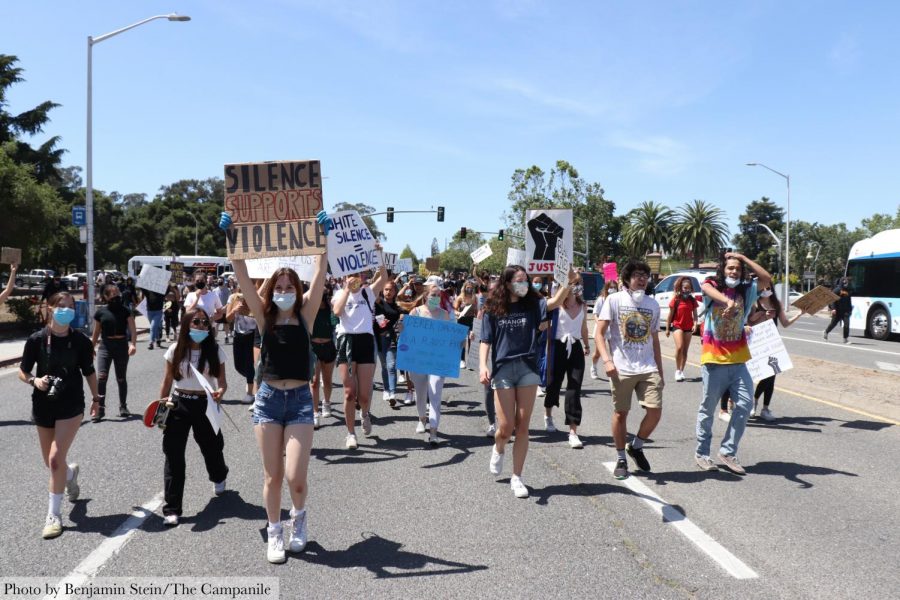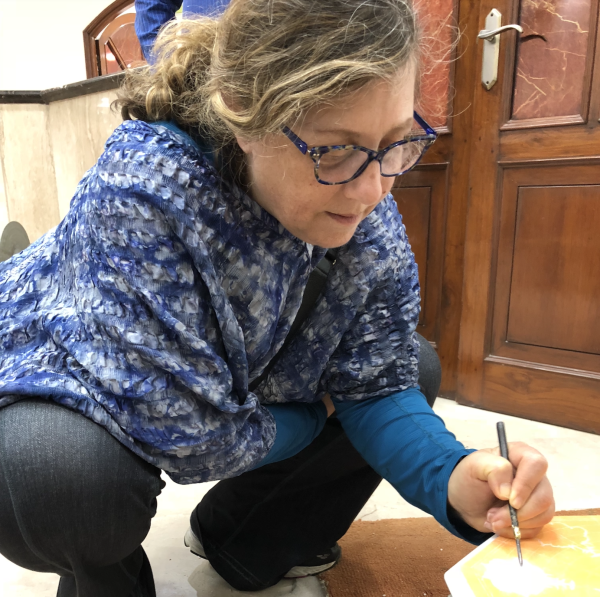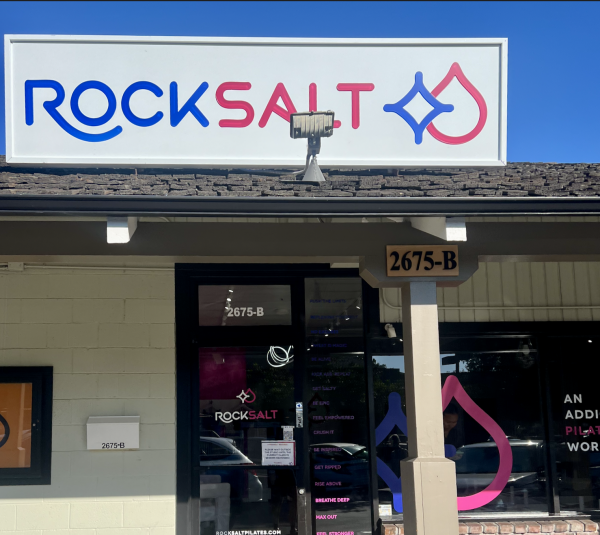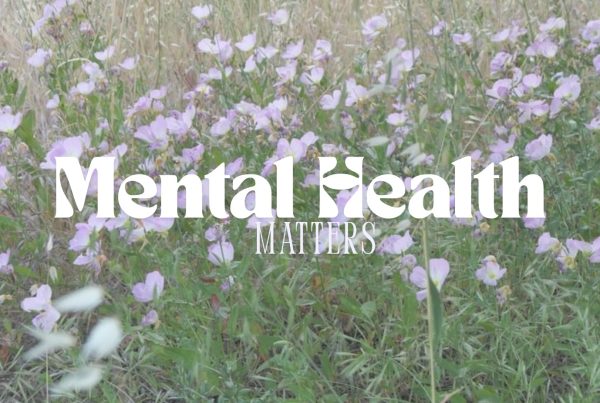A Step In The Right Direction
A follow up on a recent story, The Hidden Aftermath, looking into how our county has not truly eradicated discrimination.
As mentioned in the recent C Mag story, The Hidden Aftermath, there are dark aspects of this country’s past that are covered up or left untold. This projects an unfinished view of our history into the present allowing us to believe things that may not be true.
One of these stories that was brought to light was modern-day anti-Semitism. In The Hidden Aftermath, this topic was partially introduced focusing on how textbooks and modern day media have allowed people to believe that modern-day anti-Semitism and discrimination are not prominent issues.
Many people believe that this country has grown so much when it comes to discrimination and equality. They believe that we have made great strides in progress when in reality that is not completely true.
Talking with Seth Brysk, who is a regional director for the Anti-Defamation League, revealed one prominent example that shows that part of the U.S. has not truly shown progress when it comes to eradicating discrimination until very recently.
Up until 2019 there was no applicable hate crime bill in the state of Utah. “20 years ago, there was a bill that was introduced in the state of Utah, which did enhance penalties for hate crimes, but it was rather poorly written,” Bysk said. “There are arguments about whether that was purposeful, but it really had two critical flaws. One was that it only addressed misdemeanor crimes (not anything relating to violence) and second was it didn’t describe with detail what types of groups might be protected by a hate crime statute.”
That is what made it inapplicable; the bill did not describe the types of groups that could be protected, therefore it couldn’t be used to actually protect people in situations of hate crime and violence.
“Typically, in a hate crime statute, you want to have a law say that this applies to people who are targeted on the basis of religion, race, ethnicity, national origin, gender, gender identity, sexual orientation, etc. and in the case of Utah, there were no categories listed,” Brysk said.
This basically meant that there was no enhancement of penalties for hate crimes. People did not get punished on the level in which they should have been because this law was written poorly.
“So in 20 years, there were over 2000 cases that Utah law enforcement investigated that dealt with the commission of a hate crime and not a single one of them was prosecuted as such,” Brysk said.
This is where the Anti-Defamation League came in. What they were trying to do was to ensure that there would be a hate crime bill that protected everyone, including discrimination based on religion. However the matter soon became complicated, “In the case of Utah, there was a complicating factor, the Church of Jesus Christ of Latter-day Saints,” Brysk said.
The Church of Jesus Christ of Latter-day Saints has particularly strict beliefs when it comes to their religion but also their personal codes of conduct, including same-sex marriage. “[The Church] didn’t want to weigh in on the law or certainly didn’t want to support a law, which might protect people on the basis of their sexual orientation or opposing religions,” Brysk said.
The Anti-Defamation League and Brysk worked with the Church for seven years to try to get this bill passed. “Part of our critical role that we played was first and foremost, developing a very strong relationship with the Church, and having a very trusting relationship.”
For seven years Brysk worked with the state of Utah to try to get a basic hate crime bill passed that protected people’s basic human rights to not be violently violated because of their religion, sexual orientation, gender, race, and more.
“In the end, we actually secured not only the Church’s neutrality, but they actually made an announcement that they would not only not stand in the way of this law, but they actually wanted the law to be enacted,” Brysk said.
Their support was so critical because the majority of people who live in Utah belong to the Church of Jesus Latter-day Saints and so do many of the politicians. “With their support, we passed the law in 2019,” Brysk said.
The fact that the state of Utah did not have an applicable hate crime bill in place in the 21st century and the fact that the Anti-Defamation League had to work so hard and for so long to get a basic human rights bill passed shows that our country has a lot more work to do when it comes to eliminating discrimination.
However, this also shows that there is hope for establishing equality in this country. While we may not be there yet, people like Brysk and members of the Anti-Defamation League are actively working to create a society without hate and violence.
Anyone can support the ADL and their mission. Whether it be by promoting equality in your own community or by just going to their website, signing up for their newsletter and updates, by contacting your local ADL office.

2019-2020 - Staff Writer
2020-2021 - Managing Editor
Hear more about me!





![UNSUNG HEROES — Fred Korematsu, Karen Korematsu and Aiko Herzig-Yoshinaga are awarded the Asian American Justice Medal to recognize their fight for justice following the incarceration of Japanese Americans during World War II. In addition, scientists Shuji Nakamura, David Ho, Tsoo Wang, Mani Menon and Chih-Tang “Tom” Sah receive the Asian American Pioneer Award. "[As a scientist,] it is crucially important to be able to communicate your work and your discoveries to [not only] other scientists, but also to the general public," Ho said. Photo by Talia Boneh](https://cmagazine.org/wp-content/uploads/2025/07/useee-600x400.jpg)

